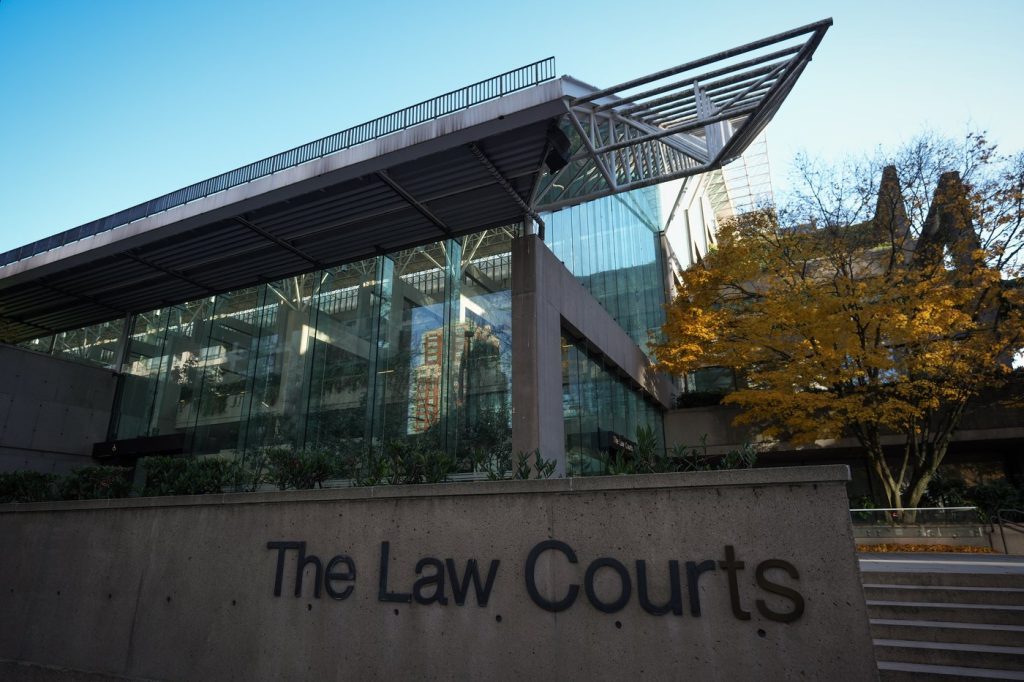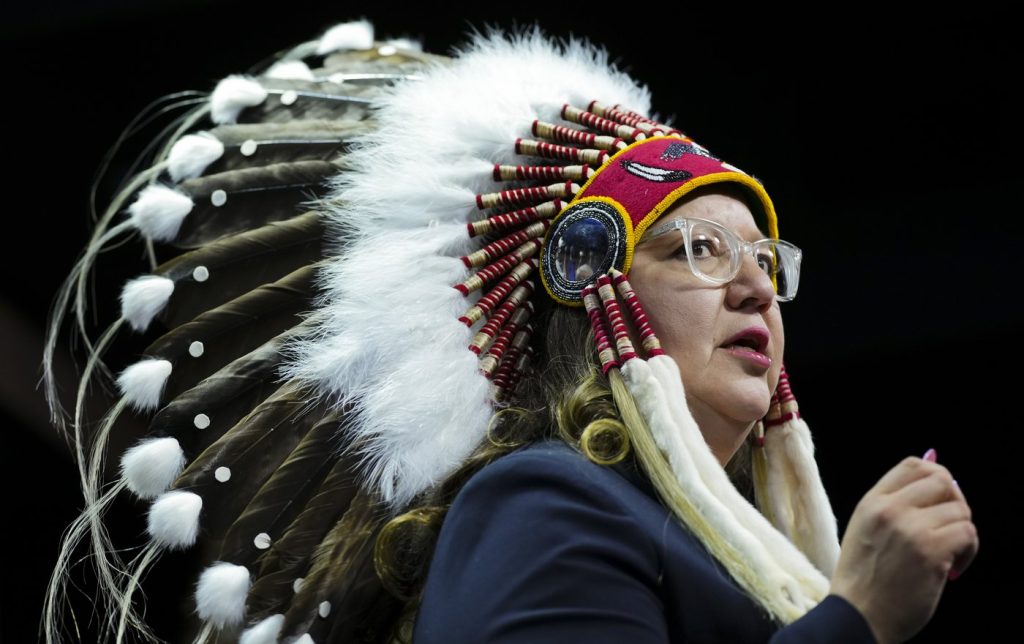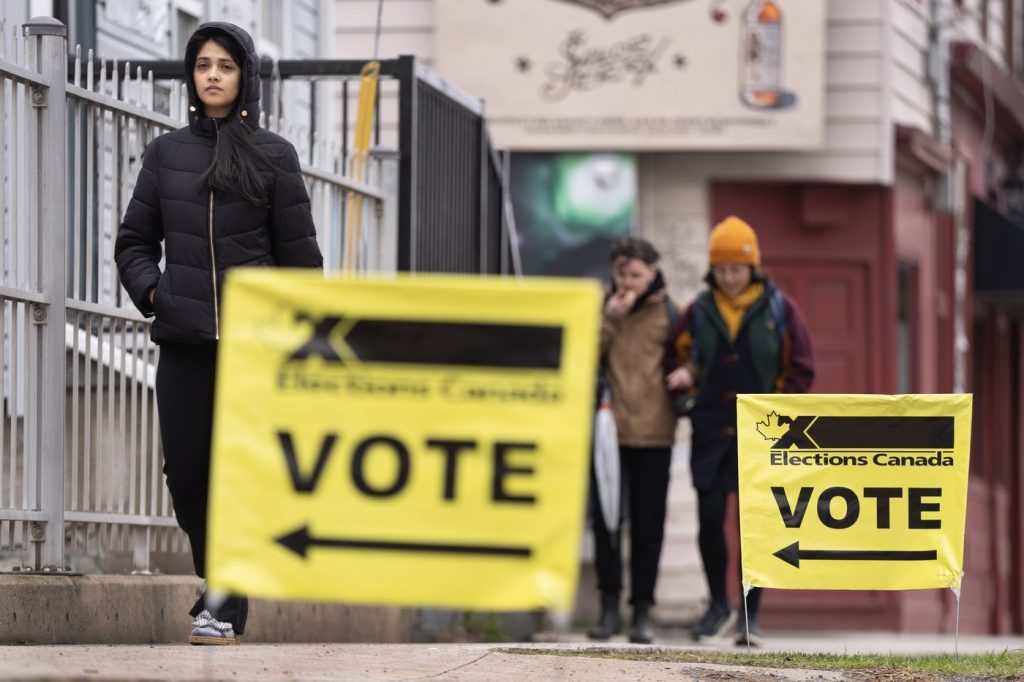A lawsuit has been filed by a British Columbia father and son against the Anglican Church of Canada, alleging that the son was conceived through sexual abuse involving a female employee at St. Michael's Indian Residential School, located in Alert Bay, during the late 1960s. The case revolves around a traumatic history of abuse and the recent discovery of their familial relationship, which is underpinned by DNA evidence.
The father, who is now 72 years old, alleges that he was sexually assaulted by a school supervisor at St. Michael's when he was just 14 years old in 1968. In 2008, he reached a settlement with the church following a previous lawsuit regarding the abuse he experienced. St. Michael's Indian Residential School, situated on Cormorant Island northeast of Vancouver Island, was operational from 1929 until it closed in 1974, during which it admitted numerous Indigenous children, often forcibly taken from their families.
Recent court documents filed in British Columbia Supreme Court reveal that the father and son only became aware of their connection after a “traumatic reunion.” The lawsuit details that the father was unaware he had a son who was given up for adoption by the woman to a non-Indigenous family shortly after his birth. The son, now 56, expressed that the shocking revelation of being conceived through the rape of his biological father has caused him significant emotional turmoil.
In the process of pursuing compensation from the Anglican Church this year, the plaintiffs reportedly learned that the church claimed to be “completely absolved” of liability due to the father’s prior settlement. The allegations presented in the lawsuit remain unproven in court, and the Anglican Church of Canada has not yet responded to the claims.
Bishop Anna Greenwood-Lee of the Anglican Diocese of Islands and Inlets acknowledged the harm inflicted upon generations of children and families during their time at St. Michael's, but noted that the church could not comment further on the specific case due to legal proceedings.
The civil claim outlines that the plaintiffs felt compelled to sue the church for damages, seeking closure and healing from their traumatic experiences. The father emphasizes that he was completely unaware of having fathered a son who had been forcibly taken away from him, disconnecting him from his family and cultural heritage. This loss has compounded the psychological trauma resulting from his experiences at St. Michael's.
Upon finding his biological father, the son was confronted with the reality of his origins, learning that he was conceived as a result of the assault against his father, committed by his mother. Moreover, being raised in a non-Indigenous family deprived him of the opportunity to claim his Indigenous status under the Indian Act, denying him access to various benefits such as tax exemptions and social programs. The lawsuit notes that he has now applied for membership and status in the Weiwaikum Indian Band, having missed out on educational, health, and social benefits until discovering his father's identity.
Furthermore, the son’s separation from his heritage has led to significant personal losses, including the chance to learn his language and cultural practices, as emphasized in the civil claim. The lawsuit has named several defendants, including the General Synod of the Anglican Church of Canada—the church's governing body—the Anglican Diocese of British Columbia, and the Attorney General of Canada, representing the Crown.
The ramifications of this lawsuit echo broader issues surrounding the treatment of Indigenous children in residential schools across Canada and the lasting impacts of colonial policies. The allegations and the plaintiffs’ fight for justice highlight a painful chapter in Canadian history that continues to affect families and communities.












